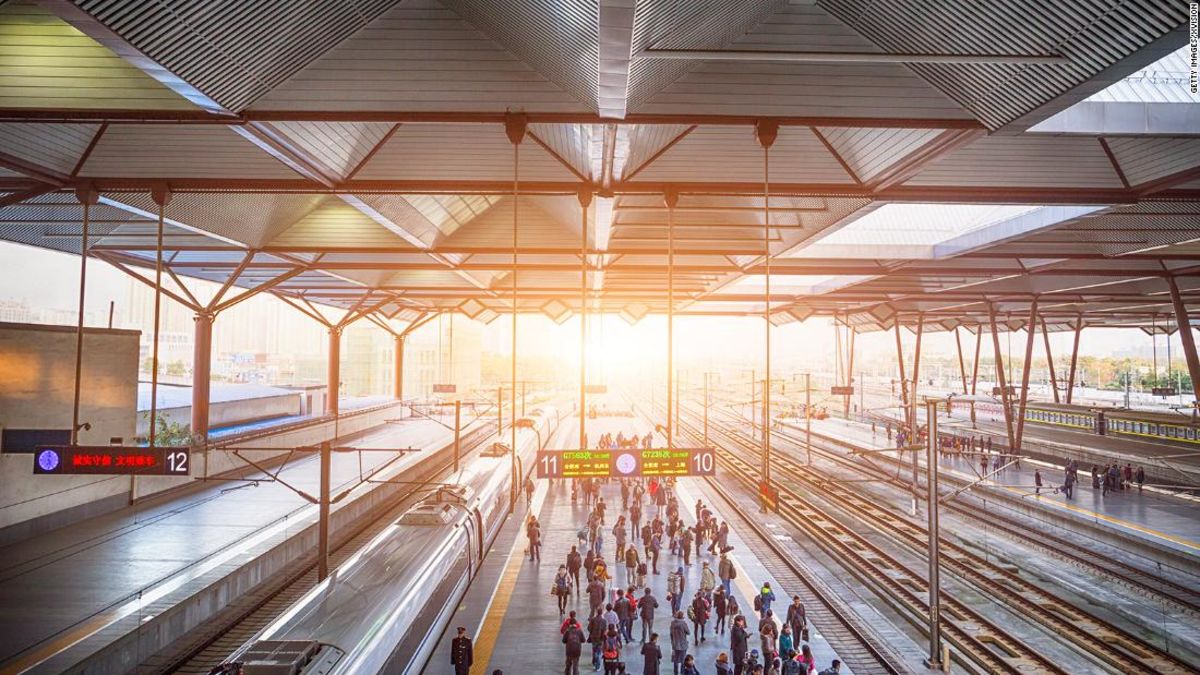Products You May Like
There will be an exception to the “no eating and drinking” rule for people who have medical conditions and for babies and small children.
The Ministry of Transport approved the new guidelines on October 29. This is the first time China has enacted subway legislation that affects the entire country. Previously, it was up to specific cities and regions to set their own guidelines.
“Providing safe and convenient travel services for passengers is always the fundamental starting point and the foothold of urban subway transit,” reads a release from the Ministry of Transport. “It’s important to roll out the managing regulation of urban subway organization and service from the national level.”
While the new nation-wide subway laws will go into effect next year, it’s not clear what penalties rule breakers will face. It’s also unclear how people with medical conditions who are exempt from these rules will be verified.
According to Railway Technology magazine, Beijing’s subway system is second only to Tokyo in terms of rider density, with 3.2 billion rides taken in 2013. Shanghai and Guangzhou come in at fourth and fifth places, respectively, ahead of other, more established systems in New York City and Paris.
In addition to municipal subways, China has also invested heavily in inter-city rail.
CNN’s Serenitie Wang also contributed reporting.

